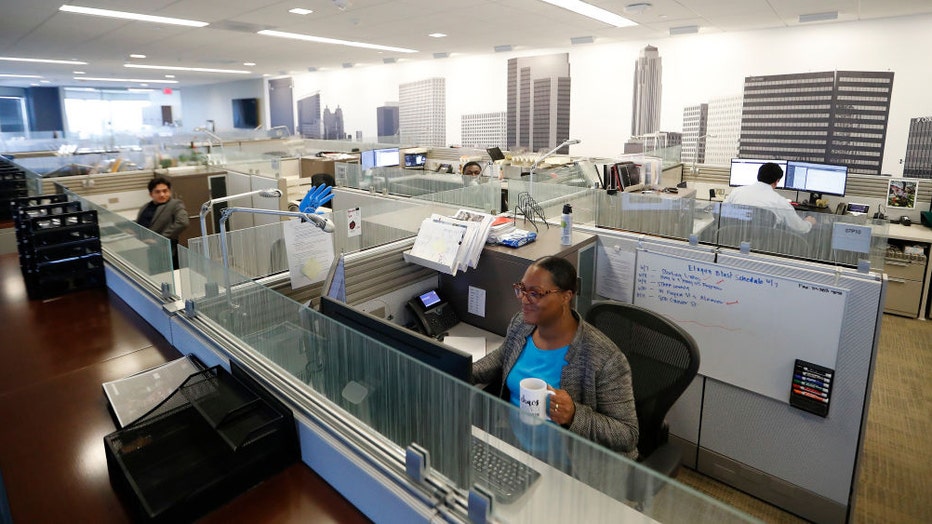California law would let you ignore after-hours calls, texts from work
California proposes 'right to disconnect' bill
Attorney John Milikowsky joins LiveNOW's Austin Westfall to discuss California's proposed "right to disconnect" bill.
A proposed bill in California would grant workers more work-life balance, allowing them to disconnect from their devices and not be disturbed by calls and texts when they are off the clock.
Assemblyman Matt Haney (D-San Francisco) is introducing a state bill to create a "right-to-disconnect" law that guarantees workers uninterrupted personal and family time, free from calls or messages after work hours.
The Los Angeles Times reports that the law would also order workers to create and publish plans to implement the new law into their policies and enable the California Labor Commissioner’s Office to investigate and fine employers who routinely violate it.
RELATED: Most people have an unhealthy relationship with work, study finds: 'Huge opportunity'
The politician also told the news outlet that the bill would validate California as a "forward-thinking state" and it would follow similar policies in a dozen countries, including France.

FILE-Employees work at their desks at a real estate firm in 2021. (Photo by Karen Warren/Houston Chronicle via Getty Images)
However, the California Chamber of Commerce and some business advocacy groups are not on board with the bill.
In a letter obtained by the Los Angeles Times, Ashley Hoffman, a senior policy advocate for the California Chamber of Commerce, wrote that the legislation wasn’t specific and doesn’t consider California’s laws for hours worked and exempt employees and different work industries and jobs.
RELATED: Gen Z attitude toward 9-to-5 job sparking debate about the difference in generational work ethics
Hoffman also pointed out in her letter that the law seems to apply to exempt employees paid a regular salary no matter the hours they work.
According to the Los Angeles Times, Haney pointed out that the proposed bill would make exceptions for after-work contact for emergencies or discussion about work schedules. Additionally, the legislation has exceptions for labor unions to grant collective bargaining agreements to replace the law.
This story was reported from Washington, D.C.

